

Hotline:0755-22277778
Tel:0755-22277778
Mobile:13826586185(Mr.Duan)
Fax:0755-22277776
E-mail:duanlian@xianjinyuan.cn
This project has designed and developed a new method for doping impurities into semiconductor materials or semi-finished devices: diffusion doping is achieved under non high temperature (0-200 ℃) and no external voltage conditions under plasma excitation. Depending on the semiconductor material used, the doping impurities, and the implementation conditions of this doping method (time, temperature, power, etc.), the surface impurity concentration of the semiconductor reaches 1018-1021/cm3, and the doping depth is in the range of 5-100 nm. To obtain sufficient charge carriers (electrons, holes), the doped sample must also be rapidly annealed at a temperature lower than the annealing temperature after ion implantation.
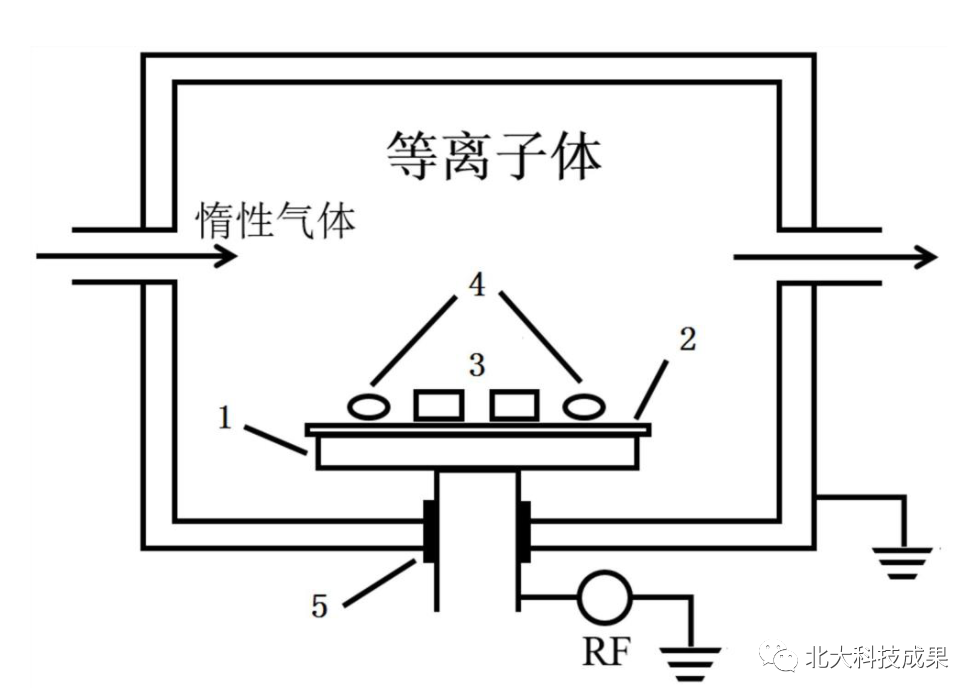
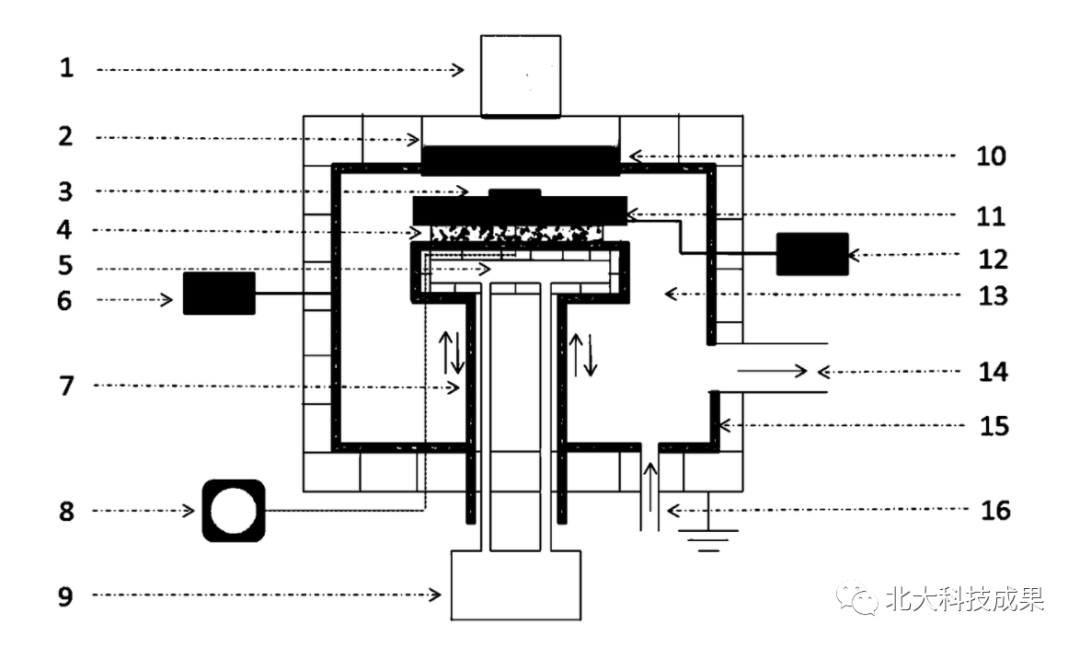
P2 application scope
Can be applied to doping semi-finished products of various semiconductor materials, semiconductor devices, and chips, such as diodes LED、 Semiconductor devices such as solar cells and integrated circuits may be particularly suitable for doping new materials and devices such as third-generation semiconductors. Compared to conventional semiconductor doping methods such as ion implantation and high-temperature diffusion, this project method is a relatively low-cost and non demanding new doping method.
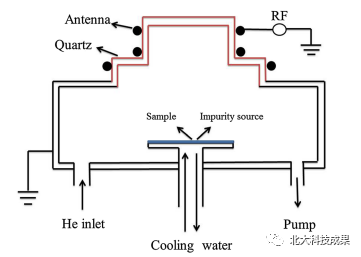
P3 project phase
This project is currently in the laboratory trial stage. Impurities that can only diffuse at high temperatures can diffuse at room temperature or slightly higher than room temperature under the action of plasma. If the time is extended, it can increase the diffusion distance. As the temperature increases, the diffusion distance increases more significantly. The study on various impurities of Si, GaN, SiC, GaAs, AlN, and hydrogenated amorphous Si proves that this doping method is applicable. In our study, the distribution of impurity ion concentration in semiconductors was determined using secondary ion mass spectrometry (measured by Evans Corporation, Tianjin 46 Institute, and Suzhou Institute of Nanotechnology, Chinese Academy of Sciences).
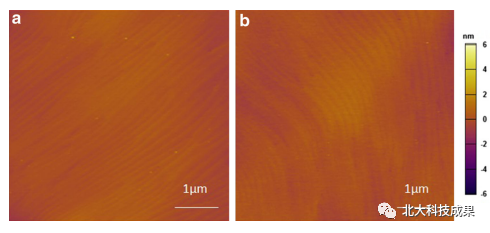
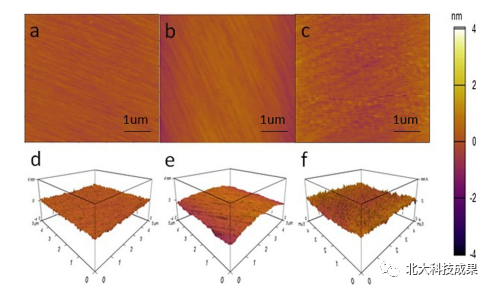
P4 Intellectual Property
This study has applied for and been granted 10 patents, and has published 5 papers in international journals. In the future, based on the actual research and application, patents may be applied for to further protect the results.
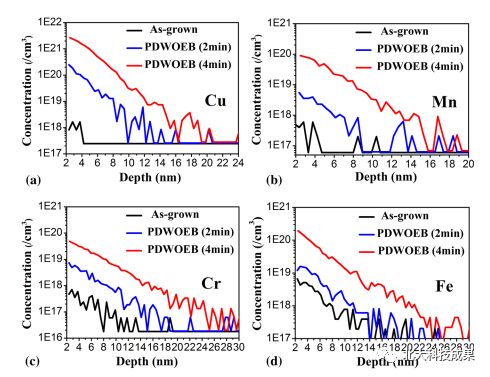

Advanced Institute (Shenzhen) Technology Co., Ltd, © two thousand and twenty-onewww.leird.cn. All rights reservedGuangdong ICP No. 2021051947-1 © two thousand and twenty-onewww.xianjinyuan.cn. All rights reservedGuangdong ICP No. 2021051947-2